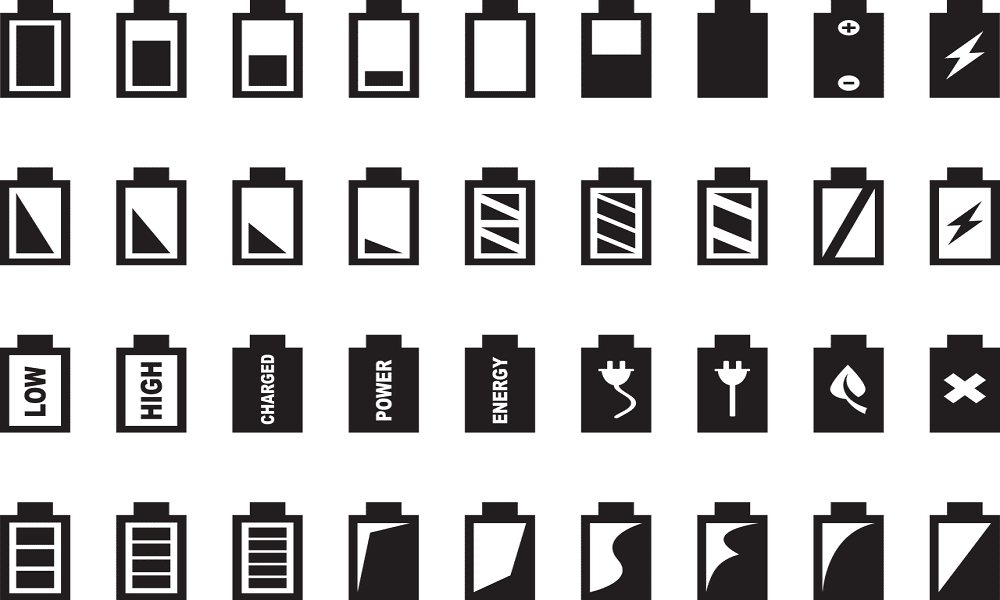The drive towards renewable energy and the desire for increased energy efficiency have catapulted Battery Energy Storage Systems (BESS) into the mainstream. These innovative systems stand at the forefront of modern energy solutions, offering innumerable benefits to businesses of all sizes. However, as with any breakthrough technology, understanding the basics and potential applications of BESS can be daunting for businesses exploring their options. This article will demystify BESS, providing the necessary insights for businesses considering this energy upgrade.
Understanding BESS
It’s crucial to understand that BESS entail far more than just a set of batteries. They are sophisticated systems designed for efficient energy storage, composed of interconnected batteries and control software that govern their operation. With BESS, energy—typically electrical—is stored in a battery for later use, making it a perfect add-on to renewable energy systems. For example, you can store solar energy generated during the day to power operations at night.
Role of BESS in Energy Demand Management
In the world of commerce, managing energy demand effectively is critical. The ability to store surplus energy for use during peak demand periods or to back up critical operations can make a tangible difference to a company’s bottom line. In this context, BESS provides businesses an opportunity to better regulate their energy usage, reducing the reliance on grid-based power and constraining high demand-induced electricity costs. Thus, these systems can protect businesses from unforeseen blackouts and exorbitant charges during peak periods.
BESS for Cost Reduction and Energy Independence
Utilizing BESS can result in significant cost savings. They mitigate the need for environmentally harmful and costly diesel generators, and can limit the amount of electricity drawn from the grid. This is particularly beneficial for businesses in regions where electricity tariffs are high. Furthermore, generating and storing electricity on-site through BESS reduces reliance on utilities, providing businesses an element of energy independence. For enterprises striving to prioritize sustainability, this is a huge step forward. Additionally, businesses that adopt BESS early may gain a competitive advantage by locking in lower energy costs and demonstrating leadership in sustainable innovation.
Scalability and Modularity of BESS
One of the most attractive features of modern BESS is their scalability. Businesses can start with a system that meets their immediate energy storage needs and expand it as operations grow or energy strategies evolve. Modular designs allow for phased investments, reducing upfront risk and enabling greater flexibility in system design. This adaptability makes BESS suitable for small businesses as well as large industrial operations.
Enhancing Resilience and Business Continuity
BESS can play a vital role in ensuring business continuity, especially in areas prone to power disruptions. By maintaining a consistent energy supply during outages, BESS helps prevent operational downtime, protect sensitive equipment, and support critical infrastructure. For industries like healthcare, manufacturing, and data services, where uptime is paramount, BESS can serve as a reliable backup that complements traditional uninterruptible power supplies (UPS), offering longer-duration energy support with improved sustainability.
BESS for Integration with Renewable Energy Sources
Renewable energy sources like wind and solar often produce energy intermittently, making them less reliable than traditional, fossil fuel-based sources. However, coupling these renewable sources with BESS can help solve this issue. Not only do BESS provide a platform to store excess power generated during peak production times, but they also supply a source of energy during periods of low production or unexpected grid failures.
Risks and Challenges of BESS
Despite the impressive benefits, the implementation of BESS isn’t without its challenges. High upfront costs may deter some businesses from investing, and the rapid evolution of technology may lead to obsolescence over time. Moreover, the lifespan of batteries, the disposal of used batteries, and the overall environmental impact are other key considerations. Nevertheless, progressive businesses, governed by long-term operational benefits, sustainability commitments, and an urgency to mitigate risks associated with grid dependency, continue to look towards BESS as a solution.
The Future of BESS
There’s substantial potential for BESS in the future of power and energy management. As technology advances, the efficiency and cost-effectiveness of these systems will likely improve, making them more accessible to businesses. They are poised to play a central role in microgrids, helping businesses become energy independent and enabling real-time response to fluctuations in energy production and demand. Coupled with national and global drives towards renewable energy and emission reduction, the future for BESS is bright.
Final Thoughts
Battery Energy Storage Systems are empowering businesses with greater control over their energy sources and costs. While not without their challenges, BESS offers a future-ready solution. In an era of skyrocketing energy costs, increasing demand, and an urgent need for environmental accountability, BESS can provide businesses with the flexibility, reliability, and independence needed to maintain operations no matter the circumstances. As businesses mold their operations to suit the landscape of the future, BESS will likely not just be an option but a necessity.


